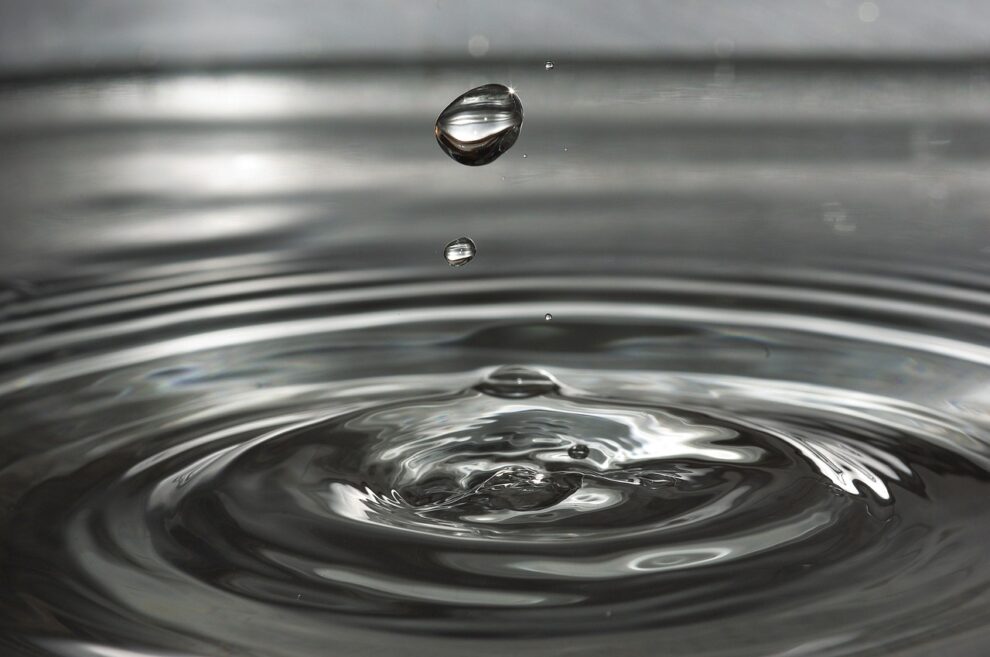Dangerous concentrations of long-lingering “forever chemicals” have been found in surface and groundwater worldwide, according to a study released Tuesday that showed Australia, the United States and Europe as hotspots.
A paper published in the journal Nature Geoscience analysed data from 45,000 water samples globally and found a “substantial fraction” had levels of PFAS — per- and polyfluoroalkyl substances — above recommended levels.
Found in everyday products such as non-stick frying pans, food packaging and waterproof clothing, the substances have been linked to serious health conditions including cancer and birth defects.
They have been found everywhere from turtle eggs to Antarctic snow, but the latest study showed they were prevalent in surface water and groundwater used by humans for drinking.
“Many of our source waters are above PFAS regulatory limits,” said Denis O’Carroll, one of the study’s authors and a professor at the University of New South Wales in Australia.
O’Carroll said it was already known that the thousands of types of forever chemicals were “pervasive in the environment” but he expressed shock at how much higher the sampled levels were versus compared with recommended levels.
“We’re talking above five percent, and it goes over 50 percent in some cases.”
The research found that 69 percent of groundwater samples from around the world surpassed Canada’s minimum standards and six percent of samples surpassed the EU’s standard.
Australia, China, the United States and parts of Europe were shown to be global hotspots of high concentrations of PFAS.
However, the study acknowledged that these locations were also areas with the highest level of testing, and with more research, comparable results could be found across the globe.
PFAS is considered to be spread across the globe, but the extent of contamination on the earth’s surface and in waterways and drinking supplies is not known.
Canada, the United States, the European Union and Australia have begun restricting the use of PFAS amid health and environmental concerns.
